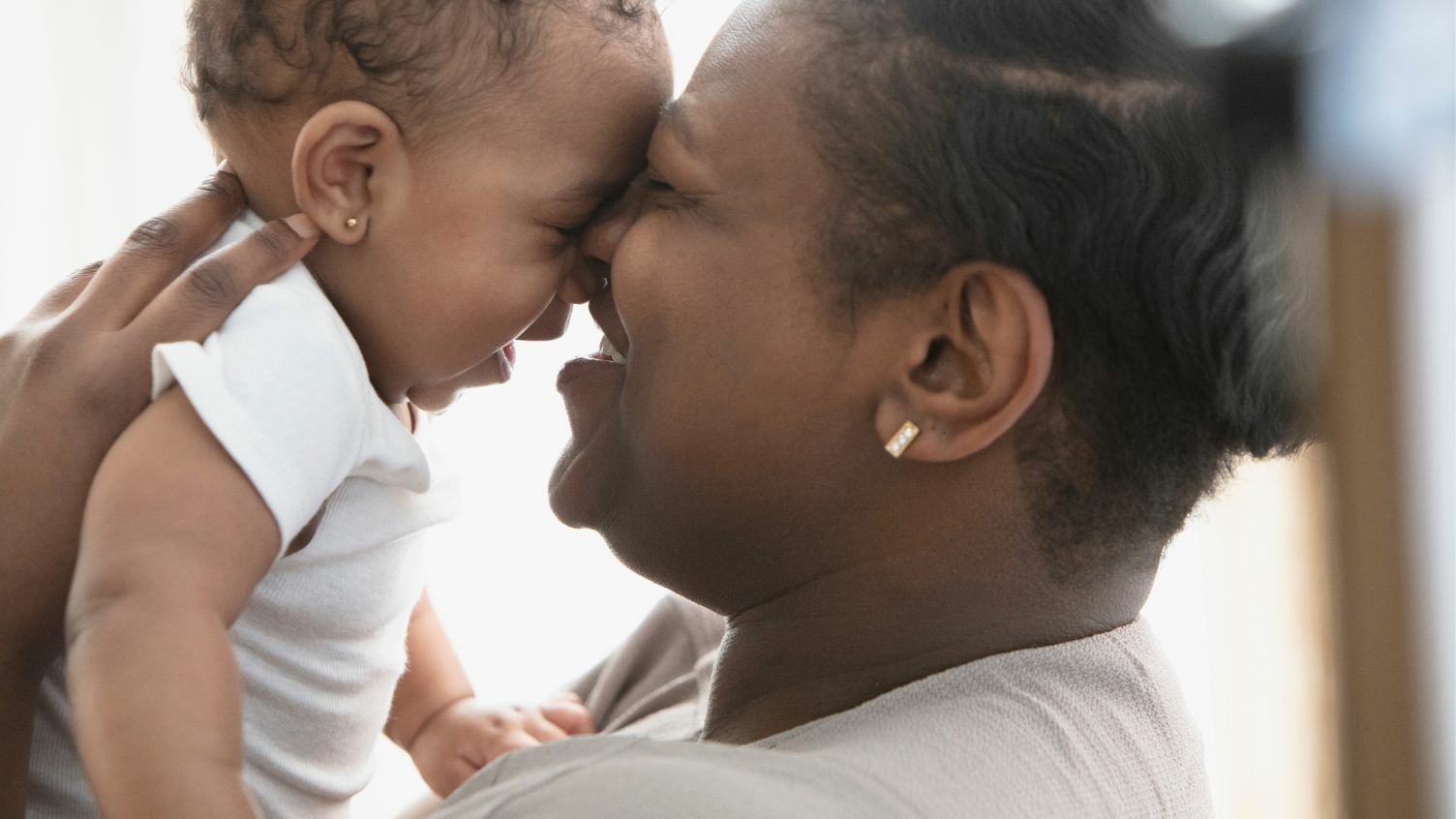Bournemouth nurse shares experience of supporting research ahead of International Clinical Trials Day
- 15 May 2020
- 4 min read
Ahead of International Clinical Trials Day (ICTD) 2020, CRN Wessex spoke with Jo Samways, a Lead Research Nurse at The Royal Bournemouth & Christchurch Hospitals NHS Foundation Trust (RBCH), who shared her experience of nursing during the COVID-19 pandemic and why she's proud to be working in research.
Can you tell us about your normal role and a typical day prior to the COVID-19 pandemic?
I work as a Lead Research Nurse at RBCH. Before the coronavirus pandemic, I managed the research nursing team in Bournemouth. A normal day would have involved discussing study feasibility and the practicalities of study delivery, as well as looking at audits and making sure that we were maintaining standards across the board. I also supported study recruitment, reviewing studies with the team to see where recruitment could be improved.
How has your role changed as a result of the COVID-19 pandemic? What are you working on now?
Since the COVID-19 pandemic, I’m now spending 98 percent of my time doing Trust operational business. I'm heading up the swabbing team within the Trust and several other research nurses are also working in the swabbing team. It’s a constantly evolving role and we’ve gone from swabbing people with suspect COVID-19, to now swabbing anyone who comes into the hospital. Staff swabbing came online a couple of weeks ago, so we’ve set up a drive through service outside of the hospital. We’re also supporting haematology and oncology services, bringing their patients in to be swabbed prior to their chemotherapy.
In addition to this, the team is working really hard to deliver urgent public health COVID-19 studies like RECOVERY, ISARIC 4C and PRIEST. As new urgent public health studies come through, everyone is working together to support these in addition to the swabbing. We do still have some non COVID-19 studies open too. We’re continuing with all of the patient follow ups for these and we’re starting to look at getting more of our non COVID-19 open again and are referring patients where we can. Some members of the team aren’t able to be on frontline clinical duties so they’re helping to keep things going in the background and are working remotely to support our other studies.
What has the experience been like so far?
It's been really busy but people are enjoying the different aspects of their roles and experiencing something different from what they usually do. It’s a very different way of working but we’ve all come together and it’s been a real team effort. Everyone's changed their working patterns in order to maximise recruitment to our urgent public health studies and to cover the swabbing.
We have been working with lots of different people across the hospital which has been really positive and has helped to raise awareness of research. People know we’re from research and are used to seeing us out and about on the wards. Lots of people have been fascinated about what we do in research and wanted to learn more.
In general, I think this has hugely raised the profile of research within the Trust. As a result we have managed to train over 60 medics on the RECOVERY trial. The pandemic has made lots of people realise that in order to understand COVID-19 and make safe decisions for staff and patients, research is a critical element. It is also vital to finding a vaccine and possible treatment options.
How did you first become involved in research?
My background is in respiratory research. I used to work for a company called Synairgen and in this role, I carried out Phase 1 and Phase 2 studies of interferon beta, a type of treatment which is now being trialled as part of an urgent public health study. Things have come full circle from where I started to now seeing this treatment trialled in a pandemic setting.
Your reflections on the Year of the Nurse and Midwife
I've been qualified 20 years this year and it’s been interesting to look back and reflect on my career. It’s been amazing to see how everyone is working together during the pandemic. I’ve met so many different people in so many different roles all coming together to try and do their best for the patients. It’s been really refreshing. Every role is crucial and we’re working hard to get through this together. I’ve witnessed amazing teamwork and dedication to the profession. People have put themselves in different roles, in difficult situations, and potentially at risk, for the benefit of our patients.
The research team has been absolutely fantastic and have risen to any challenge that they have been asked to undertake. I am so proud of what they have achieved. It’s been fantastic to see research recognised in our response to COVID-19. Research is the only way that we can find the answers and I’ve just been really proud to have a research role during this pandemic. The importance of research has been highlighted and how we move forward and out of the pandemic is completely dependent on it.
The views and opinions expressed in this interview are those of the authors and do not necessarily reflect those of the NIHR, NHS or the Department of Health and Social Care.


